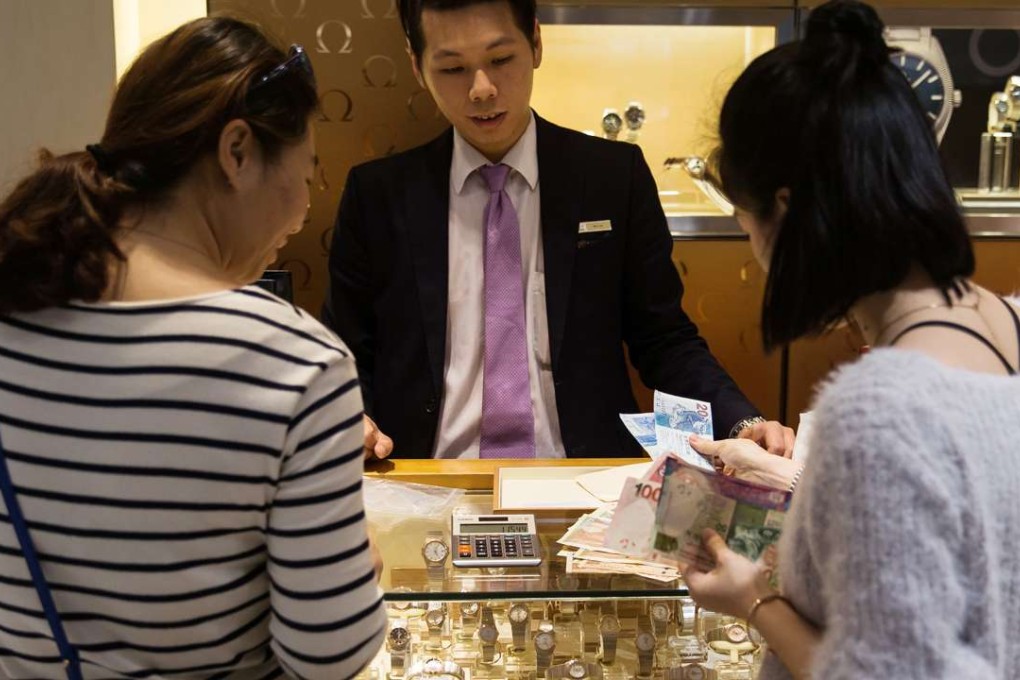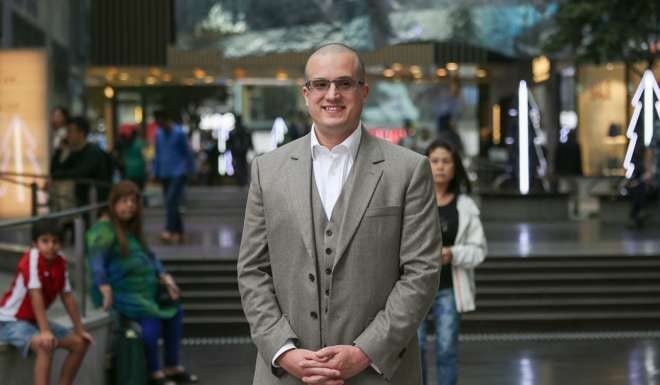Why Hong Kong going cashless is no small change
City’s cash culture persists, even as e-payments try to gain a foothold. But some in the city say change is inevitable

Hong Kong prides itself on being up to date with the latest technology, and the government likes to call it a “smart city”, but to really embrace that concept, many believe Hongkongers must abandon the idea that cash is king and join the global trend towards electronic payments.
Take Larry Salibra, a tech-savvy shopper, for example. He is frustrated that he is forced to carry cash whenever he is commuting around Hong Kong, even though at least a dozen e-payment options are available.
The entrepreneur and early adopter of Apple Pay – the US tech giant’s digital wallet service – likes the convenience and other incentives of cashless payment services, but has to pay cash for taxis and tunnel crossings, and at smaller retailers such as wet markets.
“I tend to go to restaurants that accept cashless payment. I don’t want to have to deal with cash,” Salibra said. “I don’t want to deal with the responsibility of carrying it around and losing it.”
Hong Kong was one of the first places in the world with a cashless payment system when it introduced the Octopus card in 1997, but since then e-payment options have mushroomed globally. And despite the city granting 13 licences for stored-value e-payment services, uptake has been slow.
